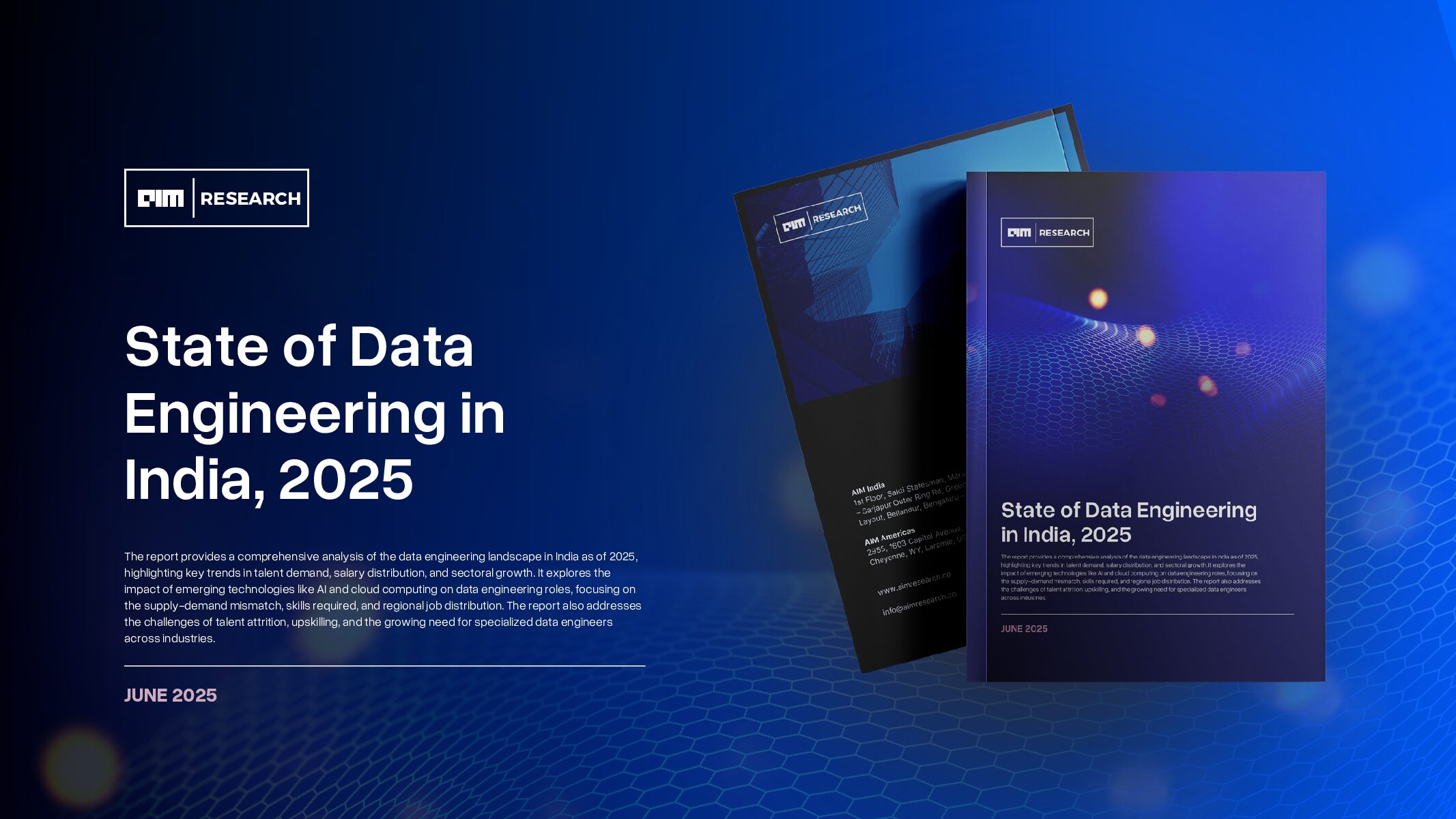Douglas Matty has been appointed the new Chief Digital and Artificial Intelligence Officer (CDAO) at the U.S. Department of Defense. In this role, he will lead the Pentagon’s efforts to use data, AI, and digital tools to improve military operations.
The CDAO is one of the most critical leadership roles in the department regarding technology. The office oversees how the Pentagon uses data, analytics, and AI across all services. It also focuses on building systems that are secure, scalable, and effective in real-world missions.
How the Appointment Was Announced
Margie Palmieri, the principal deputy who had been temporarily leading the CDAO office, made the announcement of Matty’s appointment internally. She shared the news via email with senior officials across the department and said more updates would follow after Matty takes over officially next week.
“We are excited to get appointed leadership at the helm of CDAO so early in the administration,” Palmieri wrote. “The prioritization on filling the top AI and data-related leadership position in DoD will enable the Department to accelerate better and scale the adoption of data, analytics, and AI in line with the Secretary’s priorities.” This message showed that the department considers AI leadership a top priority under the new administration.
Matty’s Background in AI and Defense
Douglas Matty has over two decades of experience working in defense and AI. From July 2020 to December 2022, he served as Director of AI Capabilities at Army Futures Command. In this role, he led AI programs focused on national security, responsible use of AI, and data integration across the Army.
Before that, he spent nearly two years as Deputy Director of the Army’s AI Task Force. There, he worked on early AI strategies for the military and helped build teams and systems to test and scale new AI solutions.
Matty also served in strategic planning roles at Army Headquarters (HQDA), where he worked on business process improvement and digital transformation.
Since leaving the Army, Matty has continued to work in the AI field. Most recently, he was the Director of AI for Contested Logistics at the University of Alabama in Huntsville. This role involved designing AI tools that support logistics in hostile or disrupted environments, an area of growing concern for modern military operations.
He also served as an Executive Engineer at RAND Corporation, advising on defense AI applications, data policy, and responsible AI practices. In addition, he runs his consulting practice focused on data, analytics, and AI in defense.
Matty graduated from West Point with a bachelor’s degree in computer engineering and has a PhD in engineering systems from the Massachusetts Institute of Technology (MIT). He also completed the Chief Data and AI Officer certificate program at Carnegie Mellon University’s Heinz College.
His Role as CDAO of the Pentagon
As CDAO, Matty will be responsible for setting the strategic direction for the Pentagon’s digital and AI efforts. His role includes overseeing data infrastructure improvements, accelerating AI deployment, guiding software modernization, and aligning this with operational priorities. The office of the CDAO in the Pentagon is also charged with creating policies and frameworks to ensure AI systems are secure, reliable, and ethically used in military environments.
One of the areas where Matty is expected to bring immediate value is in contested logistics. His current work in this field will likely inform new initiatives that help the military maintain operations in environments where access to data, networks, or supply chains is limited or under attack. His focus on building robust, mission-driven AI solutions aligns with growing concerns about how to keep military operations running in complex and unpredictable scenarios.
His appointment also comes at a time when the Department of Defense is under pressure to close the AI capability gap with peer adversaries. The role of the CDAO is central to the Pentagon’s goal of scaling AI across every branch and integrating it into real-world missions. This includes everything from predictive maintenance and autonomous systems to battlefield decision-making and cyber defense.
With a track record in both military command and academic research, Matty is expected to provide the kind of leadership that balances innovation with accountability. His understanding of responsible AI, mission needs, and operational complexity will be critical in helping the Department of Defense turn its AI strategies into tangible, scalable outcomes.























